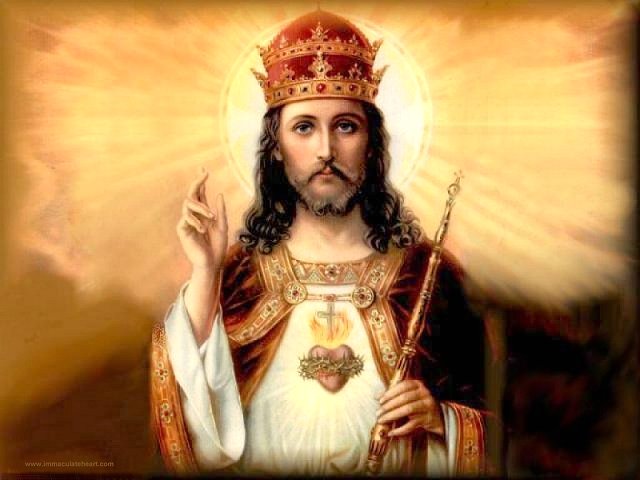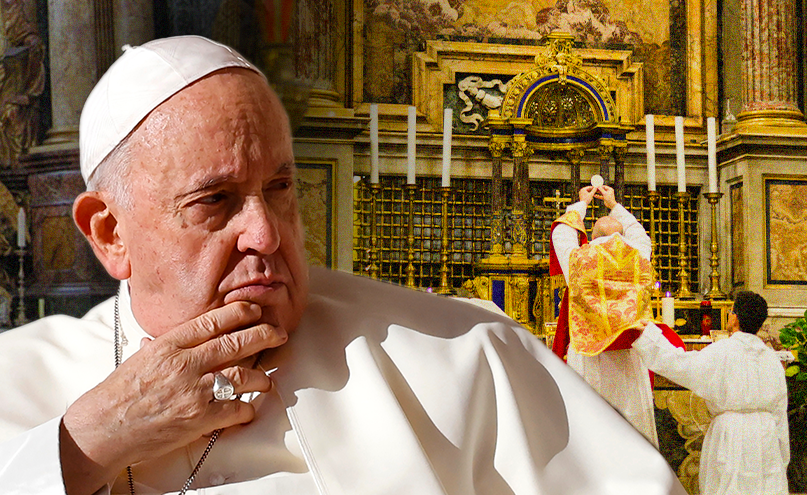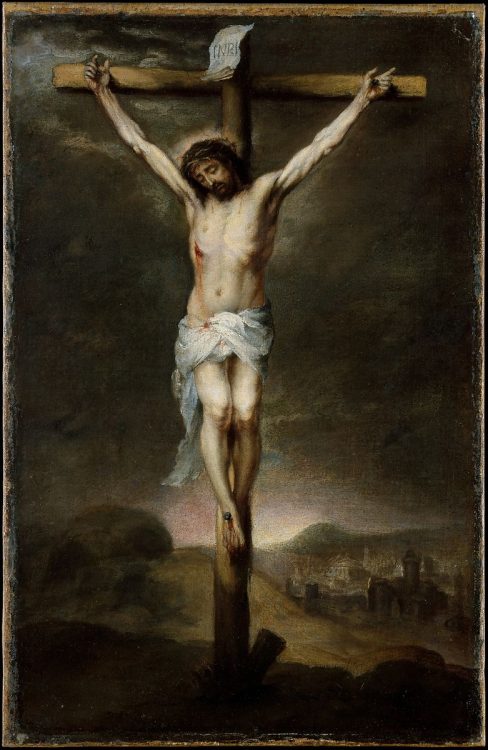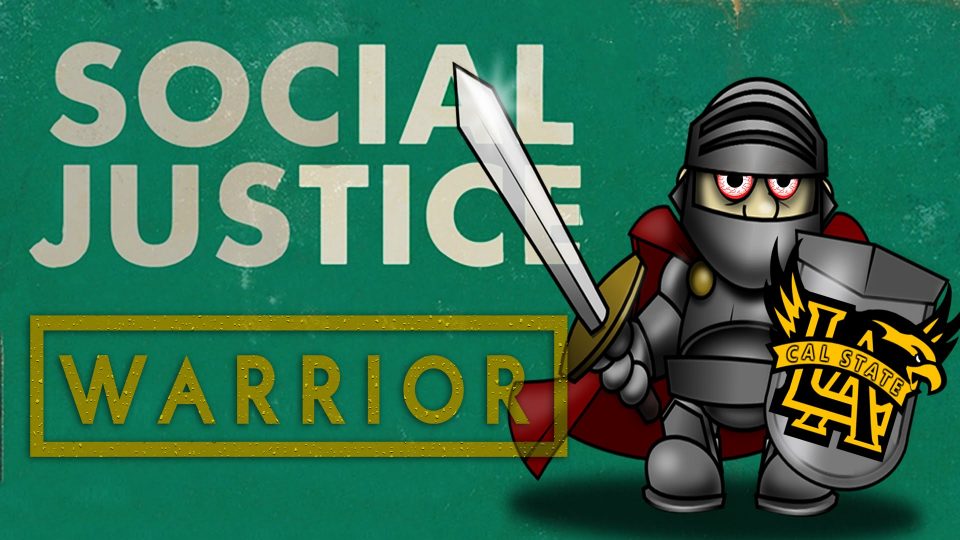GOSPEL READING: Matthew 13:47-53
47 “Again, the kingdom of heaven is like a net which was thrown into the sea and gathered fish of every kind; 48 when it was full, men drew it ashore and sat down and sorted the good into vessels but threw away the bad. 49 So it will be at the close of the age. The angels will come out and separate the evil from the righteous, 50 and throw them into the furnace of fire; there men will weep and gnash their teeth. 51 “Have you understood all this?” They said to him, “Yes.” 52 And he said to them, “Therefore every scribe who has been trained for the kingdom of heaven is like a householder who brings out of his treasure what is new and what is old.” 53 And when Jesus had finished these parables, he went away from there.
Meditation: What can a story of a dragnet and a great catch of fish tell us about God’s kingdom? The two most common ways of fishing in Jesus’ time was with a casting-net (or hand-net) which was thrown from the shore and the drag-net or trawl which was let down or cast into the waters from a boat. As the boat moved through the waters the dragnet was drawn into the shape of a great cone which indiscriminately took in all kinds of fish and flotsam and jetsam swept in its path. It usually took several men to haul such a net to shore.
Reward and judgment at the end of the age
What is Jesus’ point here? Just as a drag-net catches every kind of fish in the sea, so the church acts as God’s instrument for gathering in all who will come. Just as the drag-net does not or cannot discriminate, so the church does not discriminate between the good and the bad, the useless and the useful. God’s kingdom is open to all who will accept and believe. But there will come a time of separation, at the close of the age when the Lord Jesus returns again and sends out his angels who will separate the good and the bad and then send them to their respective destinations. Our duty in this present age is to gather in all who want to become citizens of God’s kingdom here on earth as well as in heaven above.
The Lord Jesus, when he comes again at the end of this age, will give to those who believed in him and his way of truth and righteousness a glorified resurrected body and a home in his everlasting kingdom. But for those who refused to follow the Lord Jesus and his merciful word of truth and righteousness, their destiny will be total separation and loss of joy and happiness with God and his community of redeemed men and women. The Lord Jesus freely offers the treasure of abundant life and everlasting joy to all who believe in him and accept him as their Lord and Savior. Do you yearn for total peace, joy, and union with God in his everlasting kingdom?
Trained for the kingdom of heaven
What is the point of Jesus’ parable about a “scribe who has been trained for the kingdom of heaven” (Matthew 13:52)? Jewish scribes were specially devoted to the study and practice of the Word of God entrusted to Moses (the first five books of the Bible) and in instructing others in how to live according to God’s commandments and way of holiness. In the Old Testament Ezra was called “the ready scribe of the law of the God of heaven” (Book of Ezra 7:6,21). He received this title because he “had prepared his heart to seek the law of the LORD, and to do it, and to teach in Israel statutes and judgments” (Ezra 7:10). Ezra’s heart was set on the kingdom of heaven because he revered God’s word and he taught others through example and instruction to love and obey God’s word.
The old and new treasure of God’s word
Why does Jesus compare a “trained scribe” with a “householder who brings out of his treasure what is new and what is old” (Matthew 13:52)? Some people love to store up old prized possessions along with their newly acquired prizes. Others are eager to get rid of the old to make room for the new. So why does Jesus seem to emphasize keeping the old along with the new? Why not replace the old, especially if the new seems to be better or more useful? Wouldn’t a person want to throw away an old pair of shoes and replace them with a new pair – especially if the old pair became well-worn or torn beyond repair? But, who in his right mind would throw away an old precious jewel or some old gold coins simply because they were ancient and maybe tarnished a bit? Precious gems and gold do not lose their value with age! Like choice vintage wine they increase in value.
Jesus’ parable of the “old” and the “new” certainly points to the “older covenants” which God made with his covenanted people of the Old Testament, beginning with Abraham, Isaac, and Jacob, and with Moses on Mount Sinai, and with King David – the precursor of the Messiah (Psalm 89:3 and Psalm 110:1). Jesus’ parable also points to the “new covenant” which he came to establish through the shedding of his blood on the cross and the anointing of his Holy Spirit who seals the new covenant on the day of Pentecost. Jesus did not come to abolish the Old Covenant but to fulfill it. The Lord calls us to treasure all of his word – all of his commandments, promises, precepts, and teaching (Psalm 119:14,72,127,162). Do you promise to keep all of God’s commands? The Lord gives strength, blessing, and joy to those who treasure all of his word.
We would be impoverished today if we only possessed the treasures of the word of God in the “Old Testament” Scriptures or if we only knew the treasures of the “New Testament” Scriptures. Both the Old and New Testament Scriptures are given by the same eternal Father, inspired by the same eternal Holy Spirit, and fulfilled by the same eternal Word, the Lord Jesus Christ, who was with the Father from the beginning and who was sent from heaven to take on human flesh for our salvation (John 1:1-3,14).
Unity of the Old and New Testaments
There is a profound unity between the Old and New Testaments. Both are divinely inspired by one and the same Spirit (2 Timothy 3:16). The Old Testament prepares for the New and the New Testament fulfills the Old – the two shed light on each other. The Old Testament prepared the way for the coming of Jesus Christ as the redeemer of all who would be saved through his sacrifice on the cross. The New Testament lies hidden in the Old and the Old Testament is unveiled in the New. That is why Jesus interpreted the Old Testament Scriptures for his disciples and explained how he came to fulfill what was promised and foreshadowed in the Old (Luke 24:27). That is why we read the Old Testament in the light of Christ’s saving death and resurrection. Do you revere the word of God in the Scriptures – both old and new – and see their fulfillment in the Lord Jesus Christ?
Lord Jesus, may your word take deep root in my heart and transform my way of thinking, discerning, and acting. May your Spirit open my ears to hear and understand the word of God in the Scriptures that I may revere and treasure both the Old and the New Testaments which God has prepared for all who desire to enter his kingdom of righteousness, peace, and joy. Help me to be a diligent student and faithful disciple of your word.
Psalm 84:1-5,10
1 How lovely is your dwelling place, O LORD of hosts!
2 My soul longs, yes, faints for the courts of the LORD; my heart and flesh sing for joy to the living God.
3 Even the sparrow finds a home, and the swallow a nest for herself, where she may lay her young, at your altars, O LORD of hosts, my King and my God.
4 Blessed are those who dwell in your house, ever singing your praise! [Selah]
5 Blessed are the men whose strength is in you, in whose heart are the highways to Zion.
10 For a day in your courts is better than a thousand elsewhere. I would rather be a doorkeeper in the house of my God than dwell in the tents of wickedness.
Daily Quote from the Early Church Fathers: A scribe who is trained for the kingdom of heaven, by Cyril of Alexandria (375-444 AD)
“A scribe is one who, through continual reading of the Old and New Testaments, has laid up for himself a storehouse of knowledge. Thus Christ blesses those who have gathered in themselves the education both of the law and of the gospel, so as to ‘bring forth from their treasure things both new and old.’ And Christ compares such people with a scribe, just as in another place he says, ‘I will send you wise men and scribes’ (Matthew 23:34) (excerpt from Fragment 172)







